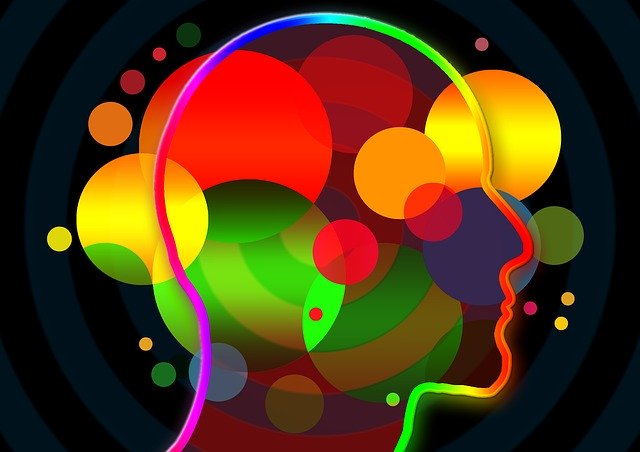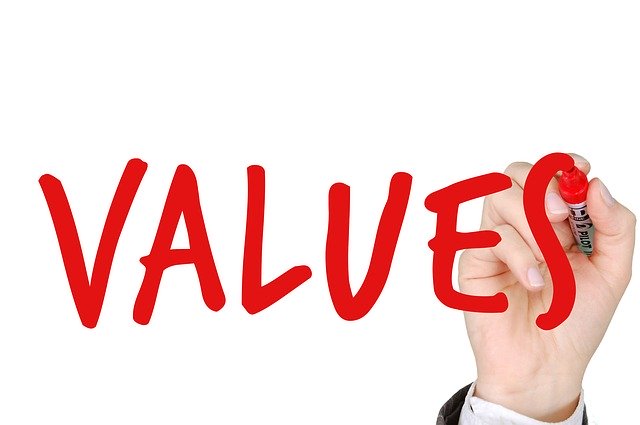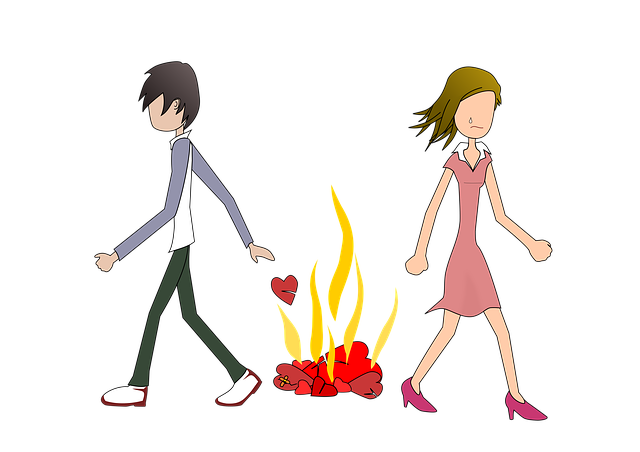by Nathan Chua
Don’t touch that! Don’t go there or you’ll hurt yourself! These are just some of the rules that anyone who grows old enough will learn perhaps during the early childhood stages. Such rules are important to ensure our safety and survival. It is precisely this capability that allows us to not always have to rely on our experience to know that something can threaten our physical safety. This has made us as a species such a success. In fact, so successful that we dominate the planet! Ever wondered why such helpless beings as we, with no enlarged fangs or sharp claws, can keep menacing predators away? We have built cities to surround us and keep us away from such threats. Otherwise we’d be dinner for some of them!
These rules however, only work when we are dealing with computer problems, external threats of a physical nature, and when we want to fix a leak in the house. Our minds are pretty useful when it comes to such problems. Unfortunately, our minds are also unable to discern when these rules are handy, and when they are less helpful or even unhelpful. In ACT (Acceptance and Commitment Therapy) linggo we call this phenomenon fusion. It is when we fuse with our thoughts that we run into trouble. Fusing means we either fight away these thoughts or we follow what these thoughts say we should do.
In the first nine years of working in this field, I can see the parallels between this perspective and my work regarding emotions. We need to be able to feel our emotions because they can serve as a guide for better living. From a cognitive behavioral standpoint, it gives us another angle from which to view such phenomena. Why do we explode in anger? Or shrink our lives into depression and anxiety? Where have we learned this strategy that the best way to live our lives is to shirk our unpleasant emotions and grab on to the pleasant ones. The rule states that emotions are bad for your health; get rid of bad feelings.
Here are some ways that we fuse with our thoughts about emotions. We fuse with the idea that some emotions are bad and that they need to be eradicated. Feeling good is not a valued outcome in life. There is certainly nothing wrong with wanting to feel good, but our emotions shift constantly throughout the day. Having that feel good target in our lives can only lead to one frustration over another.
And because we have these evaluations about our feelings, we also derive a new rule that tells us that feelings can become causes of our behavior. As children, it was quite normal for parents to believe that being able to predict their child’s feelings meant having more control of the child’s behavior. They would not want the child to be angry because anger normally leads to physical altercations.
Sadly the rule that some feelings are bad or that some feelings can cause us to do something bad takes its roots from here. The results of such rule-based decisions about our behavior can be constricting to life. Here are some examples:
- I need to feel confident before I can mingle with the people in this party.
- I can’t exercise if I feel lazy.
- I feel depressed so I have to go get some comfort food.
Dr. Russ Harris has a great example of how we can actually see that these rules aren’t true, and even if they were true, they’re not helping us live the lives we are aiming for. If someone pointed a gun at you and told you that you should not feel anxious, how successful do you think you may be? But if someone did the same thing to you and told you to sing and dance while a gun is pointed at your head, you’d probably be more successful.
So next time your mind gives you these thoughts that somehow you should get rid of “bad” feelings first before you can get on with your life, stop for a moment and see how helpful or unhelpful this thought is. Are your feelings stopping you from applying for that promotion? Are your feelings stopping you from calling that person you want to date? Are your feelings telling you that you’re a loser when it comes to losing weight?
The key here is to learn how to handle such difficult feelings that come with life’s challenges, more effectively. We normally do great when things are going well in our lives. It is when we encounter the harsh realities of life that living our lives the way we want to, becomes a challenge.





